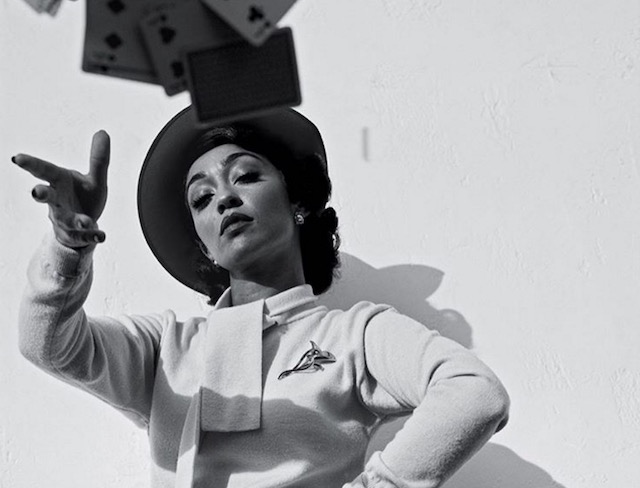It took me years to understand this concept because I was a chronic people pleaser.
I had learned from an early age that I had to fight to be worthy of love. The adult version of me understands that’s a total crock of sh*t but the child version didn’t understand.
When I was younger, I would express my truth to my mom and the response I got was either the silent treatment or her throwing a fit. So I learned that I had to say what I thought she wanted to hear in order to please her. This meant that saying “no” to her wasn’t an option.
I carried this belief with me into my adulthood which only caused me more suffering—go figure. It wasn’t until about two years ago that I applied this idea to my own life and really believed it to be true.
Almost every romantic encounter prior to that time was based on what I thought the other person wanted, not what I did. Like a chameleon I would morph myself, ever-changing who I was to be the version of what I thought they wanted me to be.
I would rarely say no because I believed love was conditional, and that I had to be a specific way to be worthy of love. I thought I had to want to eat at the same restaurant they liked, have the same taste in music, or validate every opinion they had (even if I didn’t like it) because if I did, it would please my partner, and they would love me.
Now I understand that love is not a compromise of who we are, but a reflection.
You might be surprised at how many people don’t understand that “no” is a complete sentence.
In numerous romantic situations when I told a man “no” to a sexual request, the response I got would go something like this:
“But why?”
“Aren’t you attracted to me?”
“Did I do something wrong?”
“Are you on your period? I’m cool with it!”
I’m not sure how whether or not I’m on my period has anything to do with me saying “no” but you get the point.
Now, are there things I could have done to not put myself in those situations? Sure. I could have talked about sex and what I was comfortable with in detail before engaging—I’ll own my sh*t.
But I didn’t have that level of awareness at the time because I didn’t attract any experiences in my life that supported my boundaries. I could write a whole damn book on that.
“No” is a complete mutha-f*ckin’ sentence and you don’t have to explain why.
You don’t owe anyone an explanation. You don’t have to explain why you feel the way you do unless you choose to because you want to.
People who question when someone says “no,” more often than not have an insecurity within themselves. They need to know your reasoning to make themselves feel better, in affirming that it’s “you” not “them”.
There are also those who question your “no” because they genuinely desire to understand where you’re coming from, and how they can support you. This is where discerning how much or little you want to share comes into play.
When someone tells me “no,” I respect that person’s decision and don’t typically question them, even if I am left feeling a wee bit bummed. I understand that I don’t need the explanation. Now, I get to love people where they’re at.
It doesn’t bother me when someone tells me no! In fact, it turns me on because it’s a sure sign of that individual’s awareness of themselves and their own boundaries.
This is how hearing “no” becomes a celebration rather than an interrogation.
~
Author: Colleen Kennedy
Image: The New York Times//Instagram
Editor: Jen Schwartz
Copy Editor: Travis May











Read 0 comments and reply